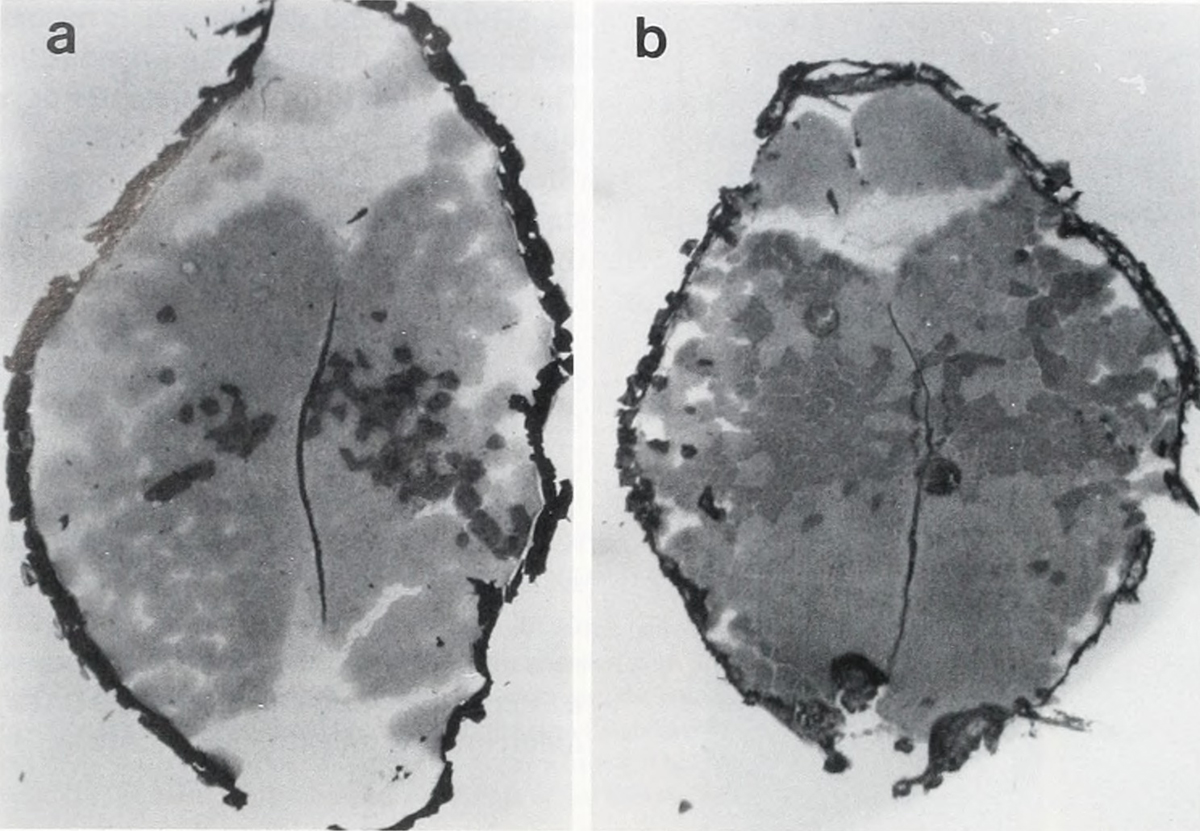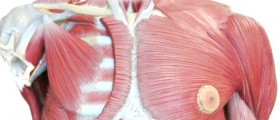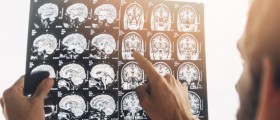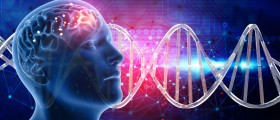
Amyotrophic lateral sclerosis (ALS) is a member of motor neuron group diseases. The condition is also known under the name Lou Gehrid's disease (a famous baseball player who was confirmed with the disease in 1939) and is closely associated with the degeneration of the neurons of the spinal cord as well as the cortical neurons the previous mentioned ones are connected with.
Degenerative Disease of Motor Neurons
Patients suffering from ALS typically experience rapid progression of specific symptoms. Namely, they face progressive weakness, muscle atrophy accompanied by fasciculations and spasticity.
Muscle weakness and atrophy affect almost the entire body. They develop as a result of degeneration of the upper and lower motor neurons. Due to the mentioned patients simply lose control over their muscles and cannot initiate any of the voluntary movements. Fortunately, control over the bladder and bowel remains intact. Also, most commonly the muscles of the eyes preserve their strength which makes patients able to control their eye movements. Even though the majority of patients does not develop additional changes in cognitive function, some might eventually suffer from frontotemporal dementia (5%) while subtle cognitive changes are reported in approximately 30-50% of all patients diagnosed with ALS.
Apart from muscle weakness and subsequent atrophy patients also have to deal with fasciculations (a local involuntary muscle contraction), cramps and stiffness of the affected muscles.
Furthermore, the type of the motor neurons that have been affected first determines the onset of the disease i.e. the initial symptoms. For instance, around 75% of all patients experience the initial symptoms in their legs. They may stumble, trip or even suffer from a 'dropped foot'. Also, certain number of patients first experience difficulties of different kind associated with arm-onset of the disease, when arm muscles become way too weak. Rarely patients initially develop 'respiratory onset' when muscles between the ribs become weak and may affect breathing. Finally, there is 'bulbar onset' of the disease. Such patients typically experience difficulty speaking and swallowing. Speech is, for instance, nasal or slurred, mostly unrecognizable. Also swallowing difficulty develops as a result of the tongues immobility.
Disease progression is relentless. The speed of progression varies among patients but they all eventually become unable to stand and walk or use their extremities. Those with swallowing difficulties are at increased risk of accidental choking. They also have problems introducing sufficient amounts of food/fluids into their body. Many people suffering from ALS become anxious and depresses since they are aware of the disease itself but unfortunately cannot do anything to stop its progression or even at least improve the impairments.
The disease inevitably leads to death with median survival of 3-5 years. The lethal outcome is only contributed by various potential complications such as aspiration pneumonia, choking and other health issues related to immobility.
Treatment for Amyotrophic Lateral Sclerosis
The condition is diagnosed according to clinical findings while additional help in the form of electrodiagnostic tests contributes to the evaluation of the extent of muscle weakness. In order to establish the final diagnosis doctors must make sure that both the upper and lower motor neurons are damaged and that there are no underlying conditions associated with such damage.
Treatment for patients suffering from ALS is rather complex comprising thorough education, specific treatment and supportive/adaptive treatment. All patients as well as their families must be completely informed about ALS, the progression and the outcome. Families and caregivers must be familiar with all the help patients will eventually need. There are support groups such patients should become members of and meet other people dealing with ALS which might make the acceptance of the disease easier.
The majority of patients are treated in the outpatient setting along with regular consultations with specialists such as neurologists and psychiatrists. Primary care providers play significant role in the course of the treatment too.
As for medications which might be efficient in case of ALS, riluzole is the only one that have been proven to extend the life of individuals suffering from this dreadful disease. For instance, median tracheostomy-free survival can be extended for 2-3 months if the drug is taken on regular basis. Such efficacy of the drug is based on 2 clinical trials. The major side effects of the drug are stomach upset and asthenia. Symptomatic treatment additionally includes baclofen or diazepam both of which control spasticity while trihexyphenidyl or amitriptyline may help patients with difficulty swallowing.
Additionally, these patients need to engage in physical therapy and rehabilitation. Braces, wheelchairs and other such orthopedic devices are used at some point of the disease progression. Individuals who are prone to choking undergo insertion of a feeding tube (gastrostomy).
Nutritionists are also very important especially for individuals who tend to lose weight. Problems with swallowing, choking etc. all interfere with proper intake of optimal amounts of food and calories. Therefore, by choosing highly caloric food which is in the suitable form (preferably liquid) may help patients maintain desirable weight.
And finally, patients with difficulty breathing require mechanical ventilation.






-And-Breathing-Problems_f_280x120.jpg)









Your thoughts on this
Loading...